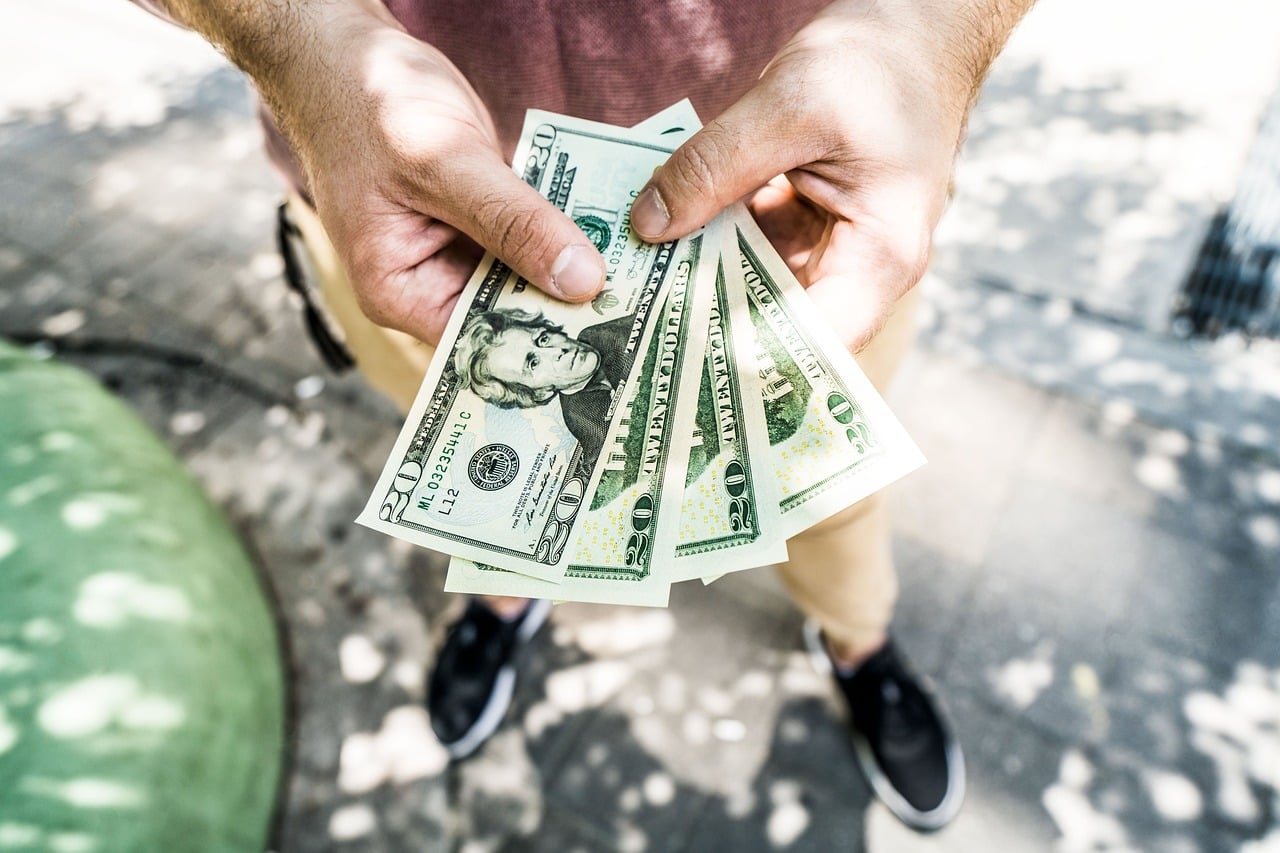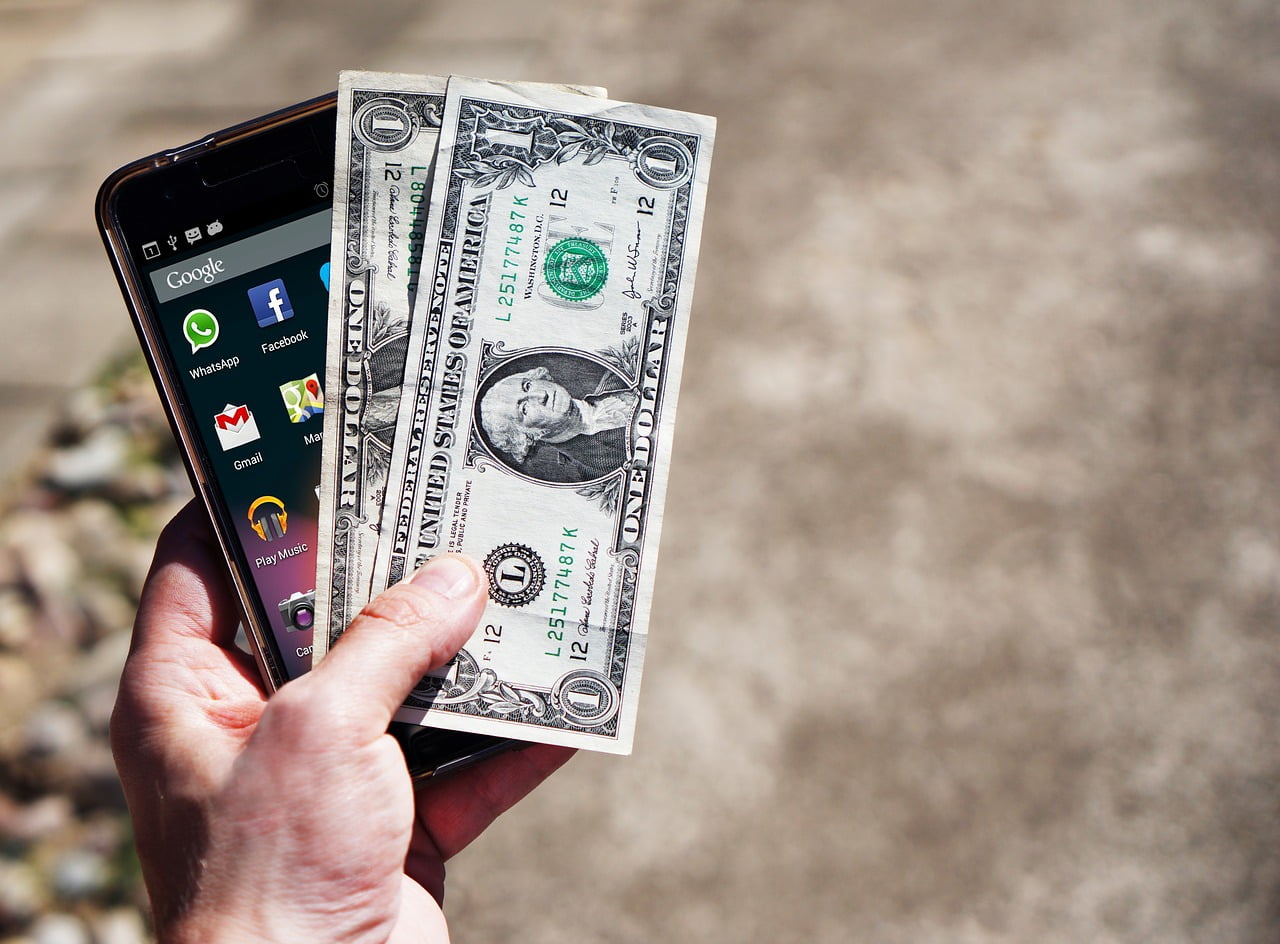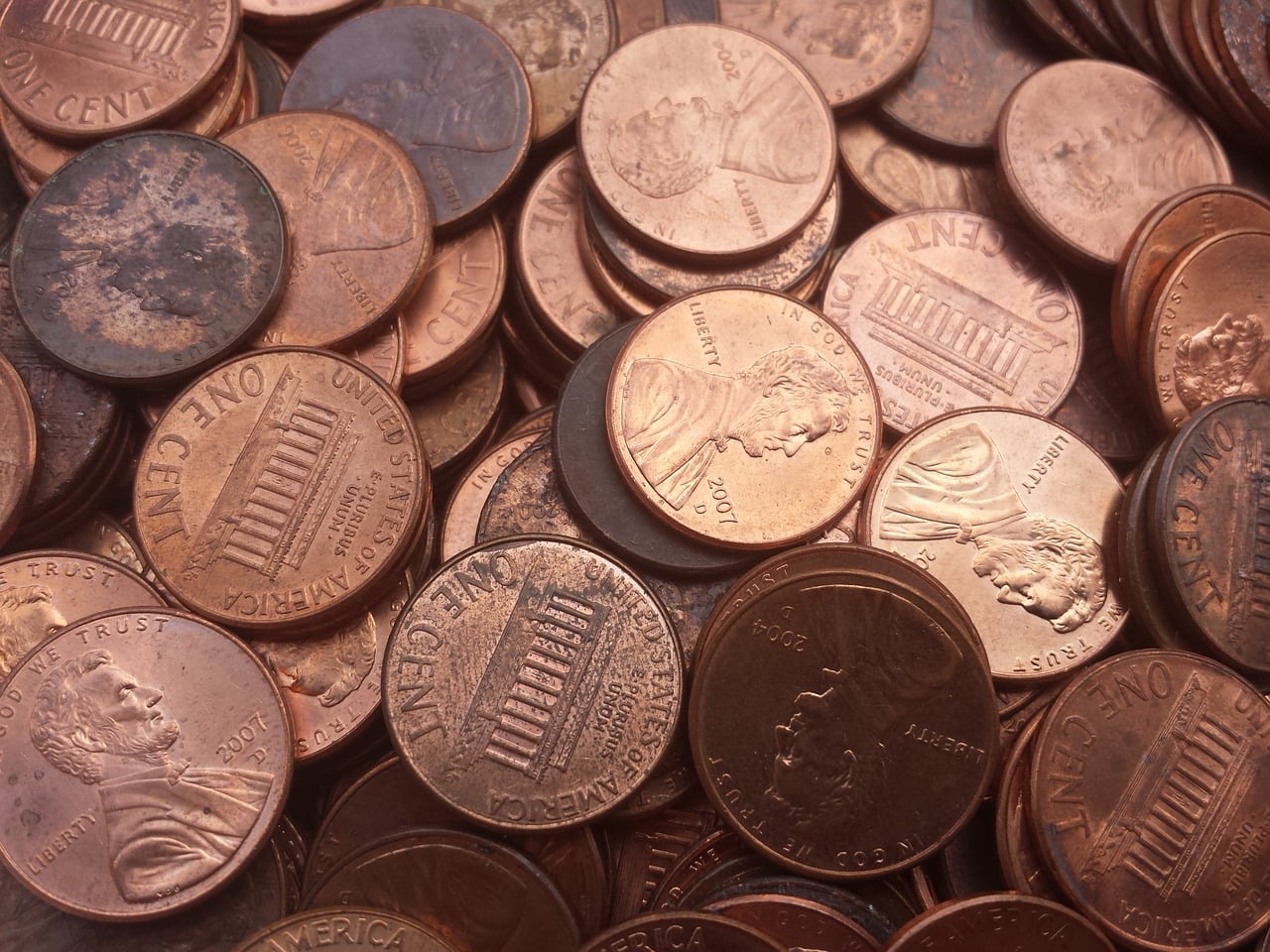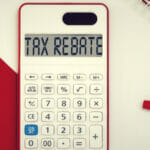Hetty Green, better known as the “Witch of Wall Street,” was one of the richest women of the late 19th century. Dressing and living like a beggar earned her a mention in the Guinness Book of Records as the world’s most stingy person.
Real cases as extreme as that of Hetty, or the fictional stories of Ebenezer Scrooge from Dickens’s Christmas Carol, and Mr. Burns from The Simpsons, are easily recognizable –characters that help us draw the line between frugal vs. cheap.
Although sometimes used interchangeably, these terms are actually very distinctive. By looking deeply at the nuances of each concept we can reveal where the big differences lie.
However, becoming frugal or cheap does not have so much to do with economic issues, if not a little more about our personal psychology.
According to Dimitri Uralov, financial coach and director of the Institute of Personal Finance, there are two profiles. The spender is the one who vanishes all the cash that falls into their laps, while the stingy is an accumulator addicted to saving money.
Dimitri asserts that both profiles have one thing in common: fear. The stingy fears losing everything and not having enough in a world of abundance, while the spender is afraid of not being able to enjoy life “before it’s too late.”
So, where does the balance lie? What are the differences between frugal vs cheap? Is it bad to be a cheap person? Where is the equilibrium when you save money? If you want to know the answer to this and other questions, keep reading!
Diving Into Definitions
Frugal
Being frugal has several connotations. A frugal person could be one who is careful when it comes down to spending money and saving for the future –someone who buys low-cost products or an inexpensive car.
Frugal people can also be seen as boring: those who don’t have fun spending on a nice holiday trip or the latest tech gadget.
However, simply put, a frugal person is one who maximizes the value of their money by spending it on things they consider truly important.
The Merriam-Webster dictionary defines frugality as the “careful management of material resources and especially money.”
Under this principle, a frugal person does enjoy life while also keeping an eye on their spending habits by saving a few bucks. Frugal means having a solid money mindset and sticking by it.
Cheap
Looking deeply into frugal vs cheap, there is certainly a fine line that underscores the biggest differences between these two concepts.
Borrowing Dimitri Uralov’s emotional perspective, stingy people often have a trait that makes them instantly recognizable: they hate spending money. They cringe at the idea of spending a few dollars on whatever is needed, buying things at a low price by sacrificing quality and a good standard of living.
Stingy people are averse to spending, and practice compulsive saving without a specific purpose. While having a “normal” economic life with stable income, they never go on vacation or go out to dinner unless they have been invited.
They’re constantly looking for the cheapest price when shopping, thinking that the lowest price is a good deal, and unlike frugal people they struggle to meet their financial goals –if they indeed have any.
When comparing cheap and frugal people, the line is fine but the differences are abismal.

Difference in Characteristics
Price vs. Value (and Time Savings)
To establish the difference between frugal vs cheap people with respect to price and value, it’s important to explore the definitions of the last two.
Price is “the amount of money given or set as consideration for the sale of a specified thing.” Further, price can vary according to the level of quality of the product or service, the strength of the brand offering, the purchasing power of the consumer, and the average charged by the market.
On the other hand –while attached to a numerical quantity connotation– value is the worth based on the importance, usefulness, and return of a product or service. More importantly, value can vary depending on how “worth it” someone thinks these products or services are.
In the frugal vs cheap dichotomy, a frugal person focuses on the value of things while a cheap person focuses on the price.
This means that someone stingy would not spend money on something of great value to them in terms of usefulness, satisfaction, and return, because of the price alone. On the other hand, a frugal person won’t let an albeit reasonable price deter them from something of great return, satisfaction, or usefulness to them.
“Reasonable” is what draws the line between frugal vs cheap when it comes down to price and value, and in the good ol’ words of Warren Buffet, “Price is what you pay. Value is what you get.”
Spending Priorities
There are situations in which it’s possible to confuse frugal people with someone who saves compulsively. And the same thrifty attitude can be considered typical of cheap people or a good saver, depending on the eyes of the looker.
Broadly, the action of spending is well visible by those around us –we put on new clothes, we buy a new car, a mobile phone, etc. On the other hand, if we do not spend it’s because we save money. And it’s here, in the spending habits of frugal and cheap people, where some of the biggest differences arise.
Firstly, cheap people enjoy seeing their savings grow fat even if it leads to a miserable standard of living. On the contrary, a frugal person knows their finances and devises a savings plan with a view on goals.
A cheap person doesn’t look at the bigger picture and prefers to keep money under the mattress rather than investing, while frugal people are constantly looking at where to put a rational amount of money to make it grow.
For a compulsive saver, it is an intrinsic act not to spend. This way of behaving has effects on their environment and their social life, although they accept their condition and could even see the problem in others, labeling them as wasteful.
Resourcefulness in Comparison Shopping
Comparison shopping “is a practice among consumers where a range of available suppliers are compared to identify the best price for the items or services they are willing to buy. It is an evaluation of potential sellers to see which one is offering the best deal.”
Frugal and cheap people rely on comparison shopping but those on the stingy side have a compulsive approach with an obstructive effect. They cherrypick excessively and become paralized in endless looping analysis of the best offer.
Ethics and Values
When analyzing frugal vs cheap, it is impossible to detach the psychological and ethical perspective of both ways of living.
A cheap person is characterized by a feeling of pain or deep suffering at the idea of spending money, because what they have is never enough.
According to psychologist Adriana Guraieb, “These behavior patterns have their origin in early childhood, where they lacked affection and clung to objects, gifts, as the only thing that they could control, handle, dominate, and hence it is quite complex to pretend that they change because the value they assign to money is very fixed.”
Saving money in an irrational manner is the way cheap people feel safe and cover the scars of such lack of affection, and are bad at being generous to others.
A stingy person does not recognize their personality and that’s why they find it very difficult to change or consider being treated professionally. They are self-centered, narcissistic and obsessive.
On the contrary, the frugal tend to have a more balanced set of principles, they spend money wisely and save a certain amount to achieve their goals from an abundance mentality.
The frugal bunch are mindfully generous and usually have more success in life in terms of happiness, wellbeing, and in their relationship with others through a feeling of gratitude.
They clearly identify what’s important to them in terms of both money and people, and they have less trouble dealing with financial adversity. Frugal people enjoy saving money as it drives them closer to their projects, but they don’t accumulate as much as the stingy ones.

Is Being Cheap Bad?
Cheap people give themselves and others a hard time when it comes down to personal finances and relationships.
At home, they carry out exhaustive monitoring of the daily expenses subjecting relatives to an unpleasant dictatorship, in which coexistence becomes complicated.
In many cases, even those in charge of making the daily food purchase are forced to show the purchase receipts, as distrust is usually linked to the obsessive desire to save money.
Stingy people are capable of visiting dozens of supermarkets in search of the best deals, forcing family members to only use the phone at times where the rate is cheaper, or incurring in priggish behavior that is often obstructive.
But more than anything, being cheap can actually cost you more money.
Being Cheap Can Cost You
Being a cheap person can cost you very dearly. Tight people buy low-quality products, which have to be replaced more frequently with the respective costs and additional time spent.
Also, always choosing the lower prices without reading the small print can get you into real trouble. For example, a car insurance policy that costs $250 less a year than other offers can give you a headache in cut.rate reimbursement decisions.
If you choose health insurance on price alone, you might end up paying more for reduced coverage, deductibles, and fewer benefits.
Is Frugality A Negative Trait?
People with no acumen and wisdom in their personal finances tend to think that being frugal means not enjoying life. However, frugality is a trait of billionaires who have built wealth by being careful with spending to allow them to save money.
Bill Gates –who is worth $132.7 million at the time of writing this article– wears a $10 watch. You could argue that his $40 million Bombardier private jet and his $43 million house in California hardly qualify as frugality.
But the co-founder of Microsoft Corporation (NASDAQ: MSFT) doesn’t splash cash on things he considers unimportant: jewelry, luxury cars, and fancy clothing.
Mark Zuckerberg, the founder of Facebook Inc (NASDAQ: FB) who as of May 2021 was worth $116.7 million, wears inexpensive t-shirts and jeans, while the Mexican Carlos Slim –one of the richest people in the world– lives in a modest home and doesn’t move around with the help of a driver.
The “frugal billionaire club” doesn’t spend money on things they consider frivolous, and prefer to carefully put their money on what they personally consider important.
The key takeaway is, if billionaires know how valuable their money is and take care of it by avoiding unrewarding splurges, frugality is a positive trait. They save money in a healthy way, always with a goal in mind.
How To Practice Frugality
There are many ways to be frugal, but the following are the very basics and a perfect way to start off.
Define what you want to achieve: When you have a goal, it is very important that you define a certain time to save money for what you want to buy. The time you set will be decisive in organizing your priorities.
Don’t buy unnecessary things: This is one of the most important points to keep in mind. Reflect if it’s really worth spending on things that will give a rush but will send your personal finances in a spin –and will not allow you to reach your objectives.
Choose how you want to save: If you plan to save for several months and fulfill your purposes, consider an account option with a fixed term, which, in addition to allowing you to make withdrawals, involves a system of free availability when you want.
Use an account that is unique: By having one of these, you can avoid spending money on things that are not important. Momentum can lead you to make big money mistakes, so it is important that you be very cautious.
Define savings quotas: Separate all your expenses, with the money that you have left over you can allocate it to a part of the savings that you have in mind for some time, establish priorities and at the end of your savings you will be surprised.

FAQs
What is the difference between being frugal and stingy?
Being frugal means spending wisely, maximizing your money’s worth, knowing your personal finances’ priorities, thinking prospectively, and to save money with a purpose or objective. But more than that, is being happy with what you own and to have an abundance mentality.
This means, assuming your financial position as one that allows you live content and to provide for your loved ones.
On the contrary, being stingy means cutting off spending in detriment to your wellbeing and mental health, having neither financial priorities nor objectives, thinking in the present moment, and saving money in a compulsive manner without any purpose.
Stingy people are usually unhappy, have a scarcity mindset, and are unable to share and establish a bond with anybody as their own warped financial preoccupations absorb them.
Can being frugal make me rich?
Being frugal won’t certainly make you rich, but it will help you cut down on unnecessary expenses, develop your ability for budgeting, identify and stick to your priorities, and create a positive atmosphere for you to thrive.
As said in previous lines, several billionaires lead a frugal life –barring some splurges– and are absolutely aware of the worth of every penny. They don’t incur in wasteful spending, they are usually independent and trust themselves to do their own tasks, and also have an abundance mindset that allows them to donate millions to noble causes.
Is being frugal worth it?
Being frugal is absolutely worth it. Frugality, above all, will give you absolute control of your spending and will help you be happy. Think of all the benefits and you can certainly find the answer to this question.
The focus of being frugal is having a life where needs and wants are met without waste or excess.
Final Words
The boundaries between frugal vs cheap can be clear. A frugal person should be seen as someone responsible and forward-looking with their future, economy or possible needs; a person who anticipates and does not leave to free will circumstances that can be controlled financially.
A stingy person is one who deprives himself of a pleasant life and can have it, who lives with fewer luxuries than his partner thinks they could enjoy, who is not splendid in gifts or details, or who finds it difficult to get his wallet from when handing out the bill for a meal.












